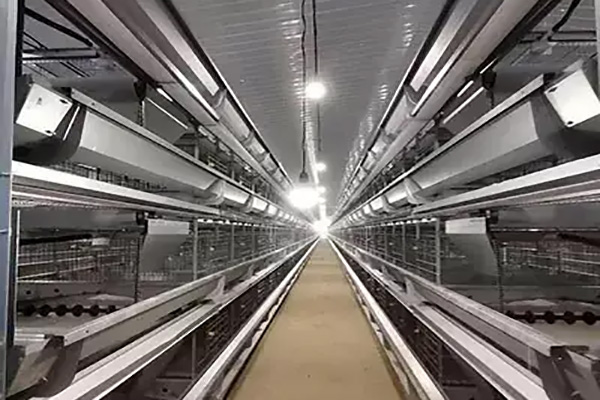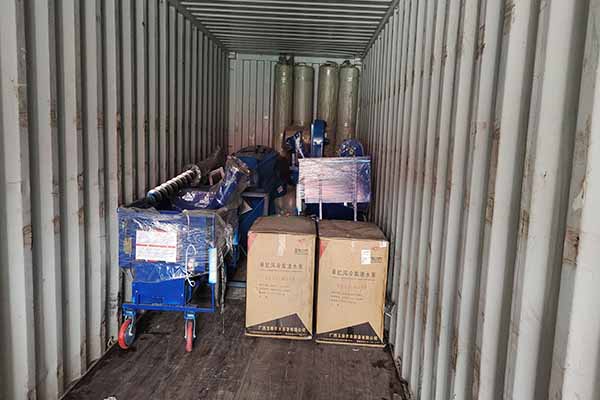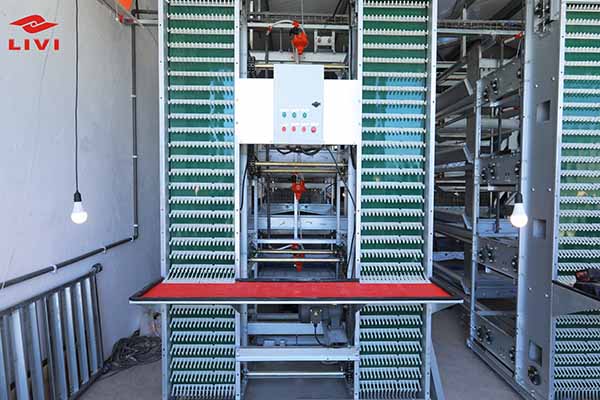Poultry Farming in Kenya: A Comprehensive Guide to Success
Time : 2025-05-14
Kenya has long been recognized as a leading player in the African poultry industry. With a growing demand for poultry products and the government’s support, the sector has been experiencing significant growth. If you’re considering venturing into poultry farming in Kenya, you’ve come to the right place. This comprehensive guide will provide you with all the essential information you need to start and succeed in this dynamic industry.

Understanding the Poultry Market in Kenya
Before diving into poultry farming, it’s crucial to understand the market dynamics. Kenya’s poultry market is diverse, with both local and international players. The demand for poultry products is on the rise, driven by a growing population and increasing disposable income. Here’s a quick overview of the market:
- Domestic Consumption: Local consumers prefer chicken meat over other protein sources due to its affordability and availability.
- Export Potential: Kenya exports poultry products to neighboring countries, especially Uganda and Tanzania.
- Competitive Landscape: The market is competitive, with several established players and emerging entrepreneurs.
Choosing the Right  Breed
Breed
Selecting the right breed is the first step to a successful poultry farm. Here are some popular breeds in Kenya:
- White Leghorn: Known for their high egg production, these birds are a favorite among commercial farmers.
- Red Broiler: Ideal for meat production, these birds grow rapidly and have a good conversion rate.
- Kenyans: A local breed that is well-adapted to the Kenyan climate and has a good reproductive rate.
When choosing a breed, consider factors such as feed efficiency, disease resistance, and market demand.
Setting Up Your Poultry Farm
Here are the key components to consider when setting up your poultry farm:
Location
Your farm’s location is crucial for its success. Look for a place with good access to markets, water sources, and transportation. Proximity to feed suppliers and veterinary services is also important.
Infrastructure
You’ll need a well-structured shed to house your birds. The shed should be well-ventilated, protected from predators, and have a proper drainage system. It’s also essential to install perches, feeders, and waterers that are easy to clean and maintain.
Feeds and Nutrition
Good nutrition is the cornerstone of a healthy flock. Choose high-quality feed that meets the nutritional needs of your birds. Consult with  a nutritionist or poultry expert to develop a balanced diet.
a nutritionist or poultry expert to develop a balanced diet.
Biosecurity
Preventing diseases is crucial in poultry farming. Implement biosecurity measures such as regular cleaning and disinfection, restricted access to the farm, and vaccination programs.
Managing Your Poultry Farm
Effective management is key to the success of your poultry farm. Here are some tips:
- Regular Health Checks: Monitor your birds’ health regularly and address any issues promptly.
- Record Keeping: Keep detailed records of your farm’s activities, including feed consumption, egg production, and mortality rates.
- Marketing: Develop a marketing plan to ensure a steady demand for your products.
Challenges and Opportunities in Poultry Farming in Kenya
Like any farming venture, poultry farming in Kenya comes with its set of challenges and opportunities:
Challenges
- Market Fluctuations: Prices of poultry products can be unpredictable, affecting your income.
- Health Risks: Diseases can spread quickly and decimate your flock.
- Regulatory Hurdles: Compliance with various regulations can be a complex process.
Opportunities
- Government Support: The Kenyan government has been supportive of the poultry industry through various initiatives.
- Technology Adoption: Advances in technology can improve productivity and reduce costs.
- Expansion into New Markets: There’s potential for growth in both domestic and international markets.
Conclusion
Poultry farming in Kenya offers a promising opportunity for entrepreneurs and investors. With the right knowledge, planning, and management, you can build a successful and sustainable poultry farm. Keep abreast of market trends, stay informed about new technologies, and always prioritize the health and welfare of your birds.











